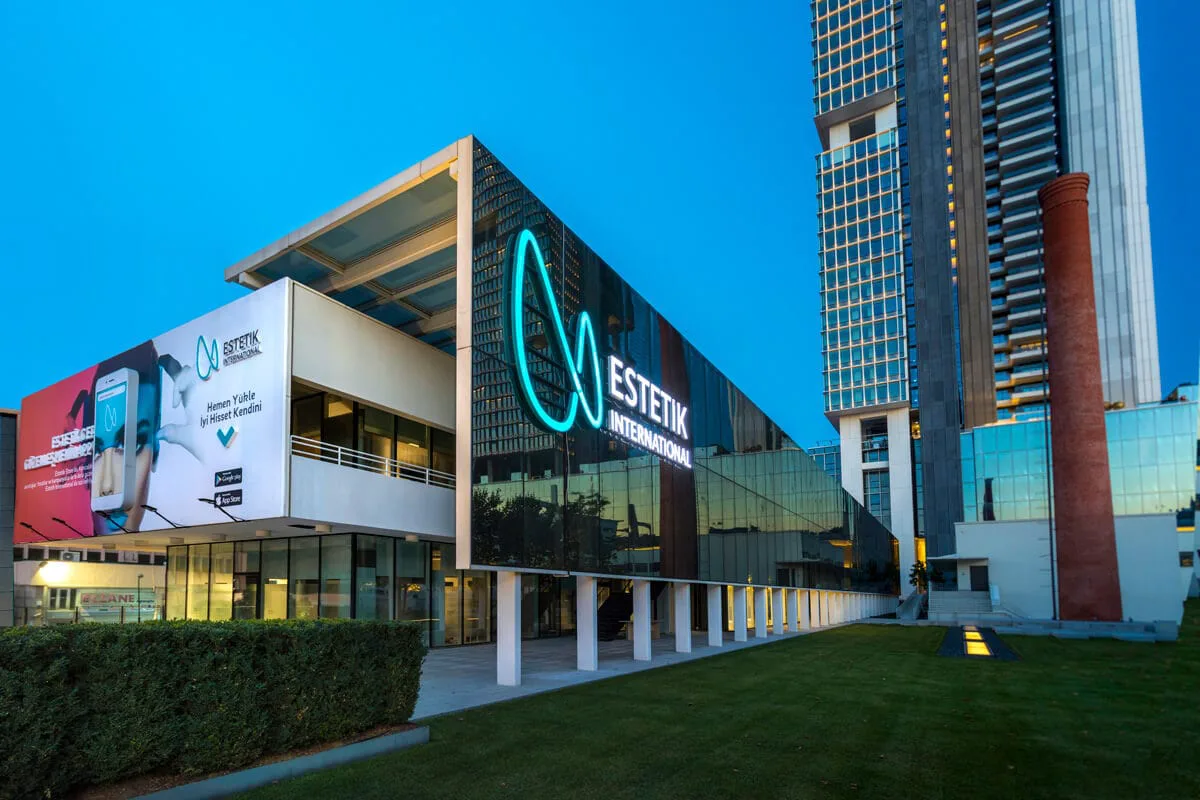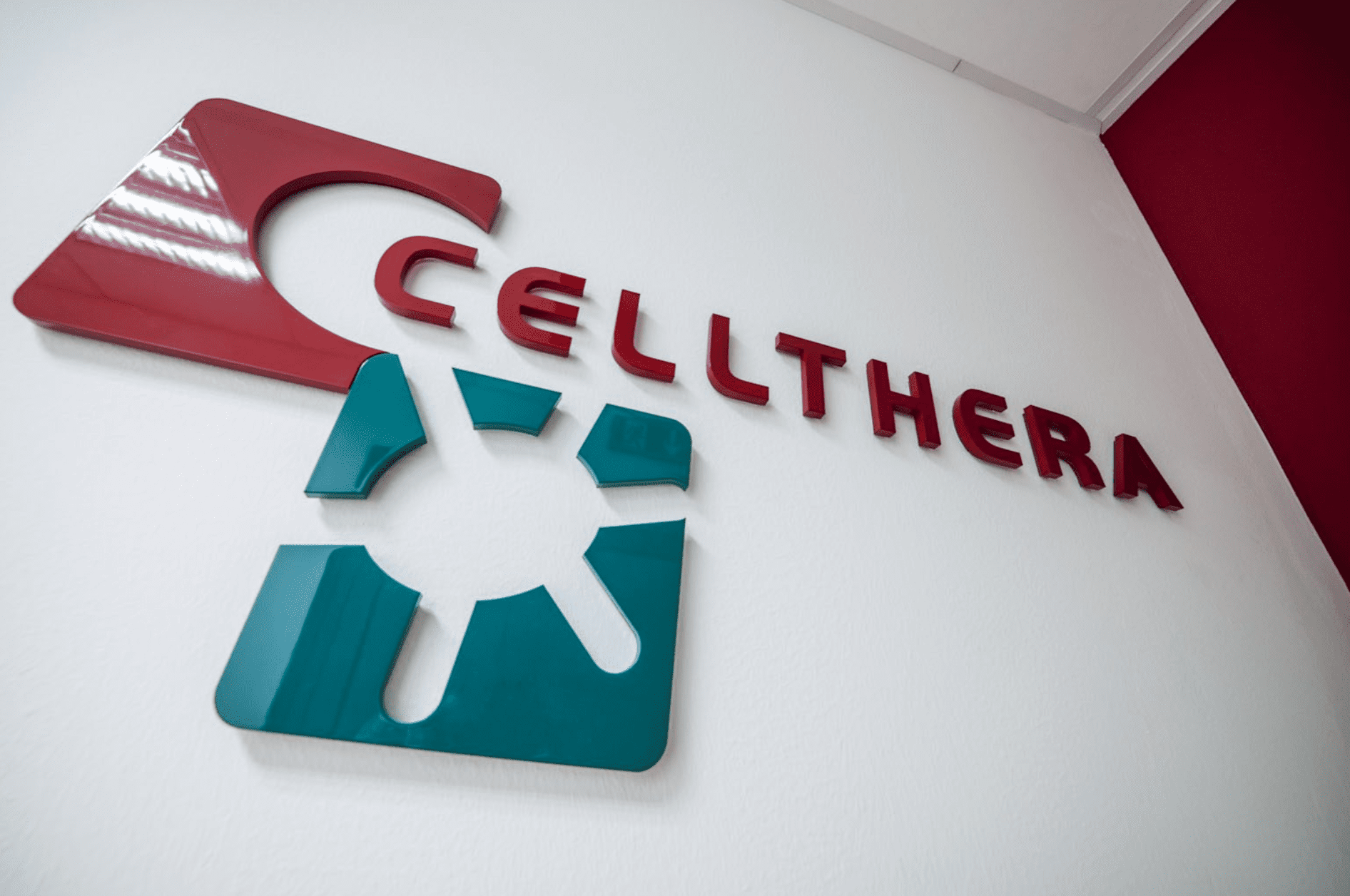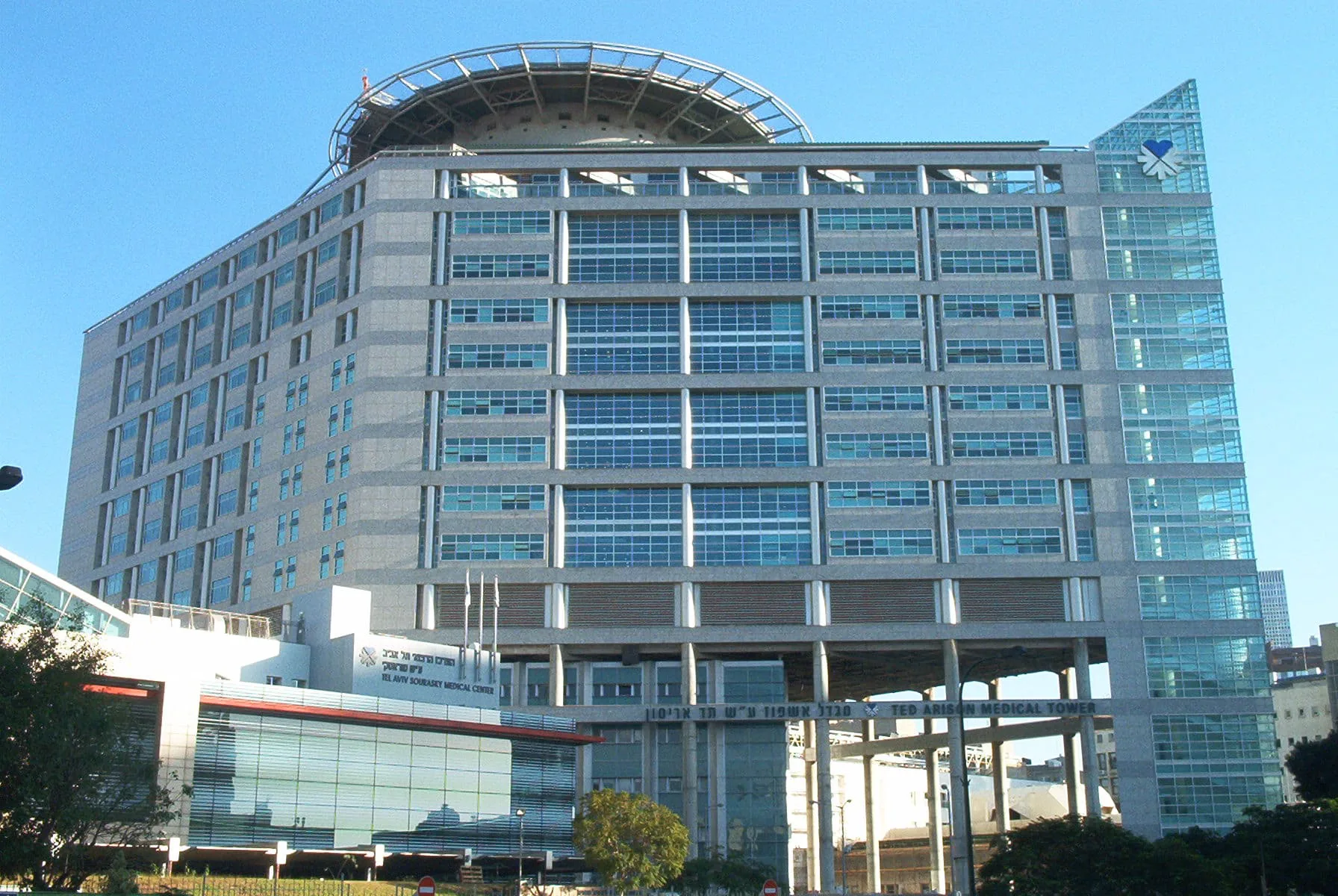A new study from the Vanderbilt University School of Medicine in Nashville shows that giving a diabetes drug to people just diagnosed with the disease does not slow down its progression, as some have hoped. Oncologists view every minute that passes as vital because if cancer keeps spreading unchallenged, even victory in battle later may not mean much. Weeks and months spent needlessly waiting it out can mean the difference in whether a patient is in remission or comes to be considered progressive-stage. Cancer care waiting times vary widely between countries, and hence the invisible borders determine who gets prompt medical attention and who is left to live with a ticking timebomb of worry. This is where traveling abroad to receive fast cancer treatment comes in – not merely as a trip, but as a lifesaver.
The Burden of Waiting
Delays are an inevitable part of some health systems: overstretched public hospitals, few oncology specialists, rising demand, and long queues. In the countries where everyone has health insurance, diagnostic scans, surgery dates, and radiotherapy slots may take weeks or even months to come up, greatly extending the time patients must endure what is not merely inconvenience but also biological risk. Disease may advance while one waits before it can be treated.
By contrast, private clinics or international destinations promise quick cancer therapy access. Responses are often immediate, and for a family, this is not something like a great luxury but an essential shield for their health’s sake.
Immediate Cancer Treatment Abroad
The advent of “medical tourism” has made the concept of immediate cancer treatment a reality for many consumers. Some of those destinations most favored by patients include next-described.
- India – hospitals with international accreditation, advanced technology, and short waiting times.
- Turkey – modern oncology centers staffed by European- and American-trained specialists.
- Thailand – clinics that combine affordability with a great global reputation.
- Germany – comprehensive cancer centers that offer both speed and innovation.
- Switzerland – high levels of safety, rapid scheduling, plus pioneering therapies.
For patients, such decisions are seldom decided solely by price – they involve time, circumstances, and the ability to act before a disease catches one unprepared.
Why is the Pace in Oncology so Important?
A tumor is an instance where the body and the clock are at odds. Studies show that even slight delays in the onset of chemotherapy or surgery will worsen your survival chances. For most patients, a few weeks is nothing. But for aggressive tumors, time becomes an unrecompensed debit. Rapid access lets doctors stage the illness earlier, stave off complications, and maintain a higher quality of life throughout treatment. In all these senses, speed lies at the root.
Way Beyond Treatment: Holistic Approach
Offering oncology abroad is not just about the operating table or infusion chair. Many overseas hospitals have created comprehensive systems: same-week diagnostics, immediate multidisciplinary consultations, and personalized care plans delivered without the slightest bureaucratic delay. This holistic approach encompasses a good deal more than treatment – in this scheme, each step leads on smoothly to the next.
Summary
For those with cancer, there is a serious decision to make after the disease strikes. In the local public service indictment of long waiting times for cancer care, international clinics offering rapid cancer therapy are a bridge to immediate cancer treatment. In this scenario, medical travel becomes not an escape but an essential strategy: a means to ensure that when life hangs by a thread, the clock is not the last word.
Can cancer patients travel abroad?
Yes. Many foreign clinics accept cancer patients and provide special services for overseas patients, such as interpreters, patient coordinators, and tailored treatments. Travel is feasible when health conditions allow, and many clinics help with travel plans to ensure a safe journey.
What is the best country to treat cancer?
Germany, Switzerland, and the United States are often named as top countries for advanced cancer treatment. However, countries like India, Turkey, and Thailand possess not only high-quality medical care but relatively short waits and lower costs as well, which makes them good choices for foreign patients.
Which country is the safest for medical tourism?
Germany, Singapore, and Switzerland are known for their strict health rules and safety standards. For those looking for affordability and safety, destinations such as South Korea and Turkey also have medical infrastructure in line with international standards.











